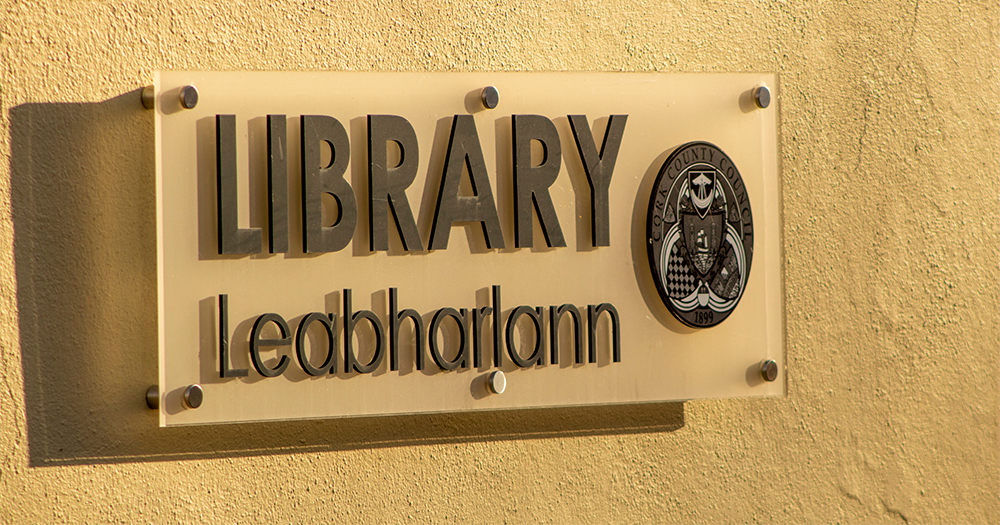Employees working at libraries all over Ireland have reported feeling deeply impacted after being targeted by far-right agitators objecting to the presence of LGBTQ+ reading material, a new report found.
Last year, there were numerous reports of far-right groups attempting to enter libraries and bookstores across Ireland and have LGBTQ+ books removed from their catalogues. Workers at the targeted locations were subjected to intimidation, harassment and verbal abuse, while they were filmed without their consent.
While on many occasions the far-right agitators failed to enter the libraries thanks to the presence of counter-protesters who showed up in solidarity with the LGBTQ+ community, their actions still caused unwelcomed disruption. In one instance, the Cork City Library was forced to close due to “safety concerns” ahead of such a demonstration.
The new report, conducted by UCD’s School of Information & Communication Studies with support from LGBT Ireland and the trade union Fórsa, highlights the impact these anti-LGBTQ+ library demonstrations had. Titled Resisting Hate and Navigating Agitation, the research was launched on Tuesday, November 12, at an event held at the Museum of Modern Literature (MoLi).
As stated in the report, since 2022, “a coordinated campaign of direct agitation and disruption has targeted several public libraries across Ireland”. Participants in the study reported being harassed by anti-LGBTQ+ agitators, with a number of people saying they feared for their safety, and were called “paedophiles” or “groomers”.
Moreover, the “most striking theme” emerging from the report is the “deep impact” that these actions had on librarians’ mental state and wellbeing, with many reporting “intense feelings of anger, frustration, stress and trauma”.
Describing how they were harassed by a far-right agitator, one librarian said: “It’s such a confrontational situation… There is somebody looking you straight in the face and calling you a child abuser. It’s just really difficult to deal with.”
Another librarian in a managerial position said: “I spent that whole day being called, like, a groomer… It was really, really full-on.”
Similar incidents were described by several employees, with some taking place in the presence of children. In addition, the participants spoke about threats of violence and fearing being singled out by agitators as significant concerns.
Staff working in rural libraries especially reported fearing being physically attacked while they were the only staff member present while the demonstrations were taking place. To protect themselves in such situations, some rural libraries developed “buddy systems” with nearby libraries.
“They can literally just say ‘there’s an agitator here’, and someone from the buddy library would come in and arrive to either relieve that staff member or to join them and help them so they are not alone,” Dr Páraic Kerrigan, who led the research, told The Journal.
The recommendations of the study include improving security protocols “to ensure rapid, coordinated responses to potential threats” at all public libraries. This should involve staff training on incident reporting and handling disruptive individuals, and collaboration with local authorities and gardaí.
Moreover, the report recommends that social media platforms “take a stronger position towards known agitators and their calls for aggression against libraries”.
© 2024 GCN (Gay Community News). All rights reserved.
Support GCN
GCN is a free, vital resource for Ireland’s LGBTQ+ community since 1988.
GCN is a trading name of National LGBT Federation CLG, a registered charity - Charity Number: 20034580.
GCN relies on the generous support of the community and allies to sustain the crucial work that we do. Producing GCN is costly, and, in an industry which has been hugely impacted by rising costs, we need your support to help sustain and grow this vital resource.
Supporting GCN for as little as €1.99 per month will help us continue our work as Ireland’s free, independent LGBTQ+ media.
